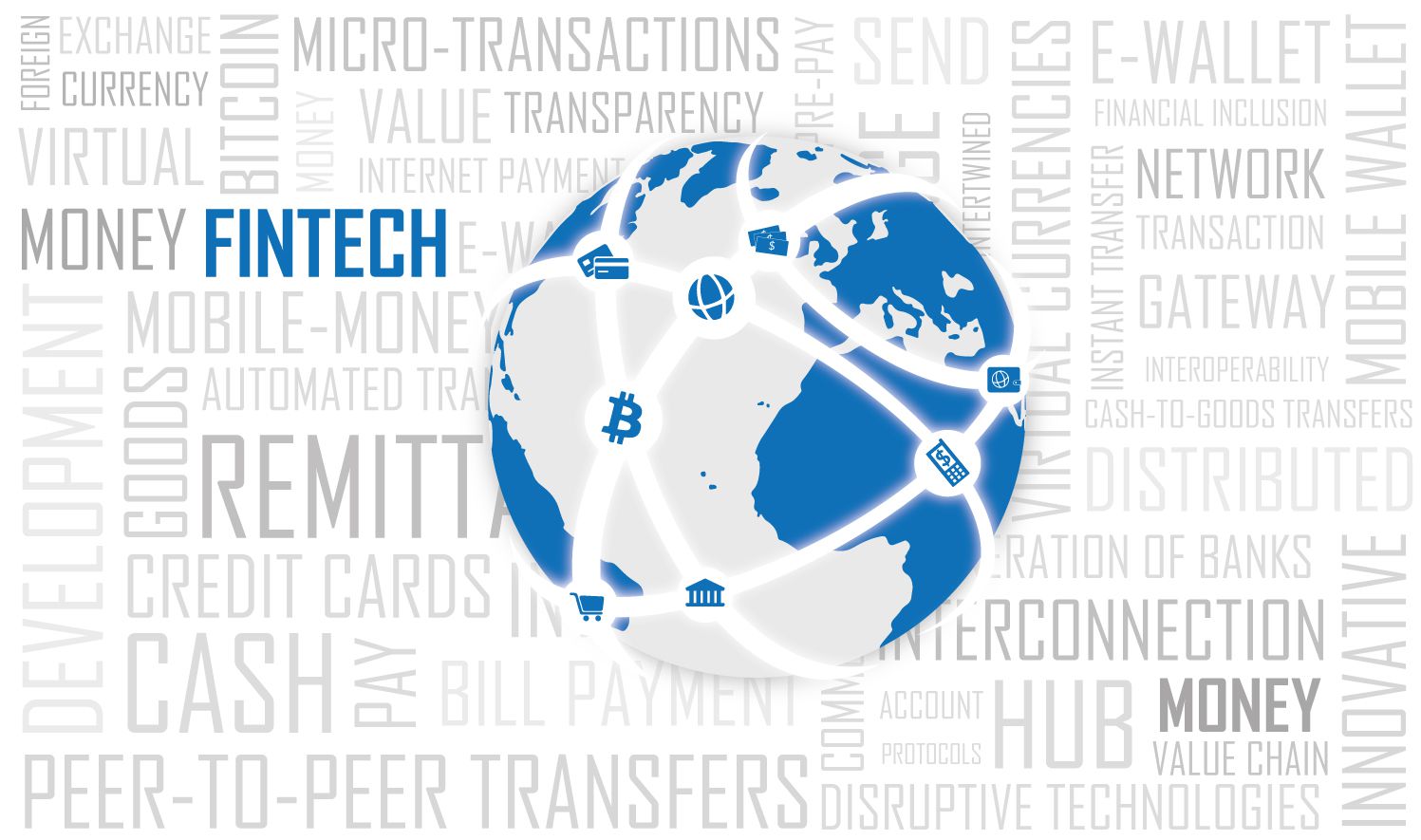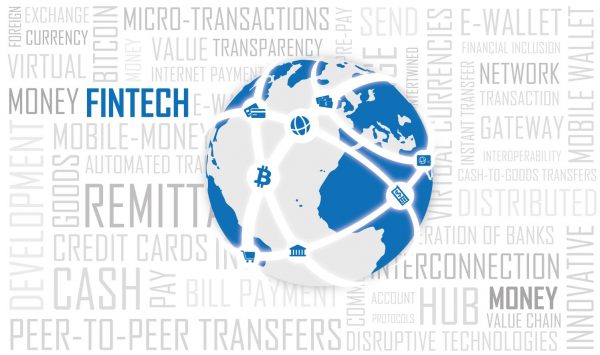Gen-Z is the most tech-savvy and internet-driven of all the generations. Aside from being tech-savvy, the members of Gen-Z (those born between 1996 and 2010) have been identified as the social media generation. A study states that 9 out of 10 teenagers are on social media. What more? The rise of TikTok is a pointer to the fact that Gen-Zers spend a lot of their lives on TikTok, Instagram, and Facebook respectively. On the other hand, Millennials (those born between 1981 and 1996) have been described as the first adopters of the internet.
Read more about Fintech
Little wonder, leading corporations are competing to catch them young. While older generations are distracted with paying the school fees of their children and saving up for retirement age, members of Gen-Z and Mare in the spending years.
According to Mark Zuckerberg, Founder, and CEO of Facebook, the Gen Zers and Millennials have become the North Star for Facebook and other of its social media platforms. This revelation by Mark came when their company’s stock crashed to $230 billion following the massive adoption of TikTok by youngsters, and Mark Zuckerberg lost a personal wealth worth more than the entire GDP of Estonia. With this, every FinTech that is out to succeed must catch them young. It will be costly if your FinTech is not making provisions to capture this demography.
Defining The Gen Z Generation
Gen-Z is those born between 1996 and 2010. They are just after Millennials (those born between 1981 and 1995). Gen Zs are known for their unique characteristic of being an empowered, driven, down-to-earth, and business-savvy generation. They are commonly referred to as digital natives, being the first humans to never experience life without the internet. This situation helped many of them achieve early success, due to the growing technology around them mixed with their creativity and eye for a side hustle. Born in the information age, this generation consumes most of its information via the Internet. They live most of their lives in and around their cell phones. They are crazy about online business, NFTs, and crypto and are more inclined to get into a side business. They are value-conscious, driven by instant gratification, and impatient with poor products and services. They learned a lot of financial lessons from older generations – baby boomers and Millennials – who suffered through the Great Recession of 2008 and the pandemic. This made them more pragmatic about their finances. While members of the older generation are out for insuring and saving their finance because they’re raising a family, running a business, or planning for retirement, Gen Z is in the acquisition stage.
Sign up for the Connect Nigeria daily newsletter
Having studied the Gen-Zs, how can FinTechs attract them to their folds? In this article, I discuss five powerful ways to do that.
-
Design An All-Mobile Experience Service
In the past, older generations visited banks to open an account, get a checkbook, or metallic or plastic debit or credit cards to enable them to carry out financial transactions, Gen Z are not cut out for such “stress”. This generation of youngsters wants everything to fall on their laps; hence, FinTech must create a financial service that is 100% digital and mobile. Interestingly, a recent study by Zopa and Target revealed that 95% of the Gen Z population has smartphones, 35% of them can’t do without their phones for more than 30 minutes, and 60% prefer to speak to a support desk via an app, while 68% are interested in opening an account solely online, which the highest in any generation. This data is enough reason why FinTechs must solely engage in 100% online experience if they want to capture this demographic.
-
Make TikTok Your Playground
Generation Z is easily influenced by social media. In recent times, there has been a craze for TikTok among this population. Most of them get their tutorials and entertainment from TikTok compared to other generations. They are early adopters of crypto, NFTs, and other financial investments. Known for their get-rich-quick mentality, Gen Zers are now taking an interest in personal finance. In 2021 alone, the #personalfinance hashtag garnered over 4.4 billion views.
Register to attend the Connect Nigeria Business Mixer
The term “FinTok”, which means financial advice on TikTok, has become a trend. What does this tell us? The financial literacy rate is growing at an exponential rate in this demography. It’s a wave FinTechs shouldn’t sleep on, rather they should pitch their tents on TikTok and offer helpful financial advice and services to this group of pragmatic young people about their finances.
-
Develop More BNPL Platforms
The Buy Now and Pay Later (BNPL) platform will be the new North Star of the FinTech sector. This is because Gen Zers are in their acquisition phase. Unlike older generations who are more concerned with paying off a mortgage, raising a family, and preparing for retirement, Gen Zers are ready to spend, acquire, and spend more. They’re here to get the latest smartphones, the hottest clothes, and shoes, exotic parties, and merrymaking. This means that they need more money to spend than to save. They are not determined to raise a family and do not plan to retire from active service where there is little or no income. Therefore, they need money to spend. However, with difficulty accessing credit facilities from traditional banks, having a more flexible FinTech platform may attract Gen Zers who are cut out for instant gratification. With BNPL platforms, Gen Z can easily acquire loans to meet their personal needs. In Nigeria today, there are dozens of BNPLs such as Spredda, Easybuy, CDcare, The Alternative Mall, and Zoomba.
Featured Image Source: Investopedia
Got a suggestion? Contact us: [email protected]


